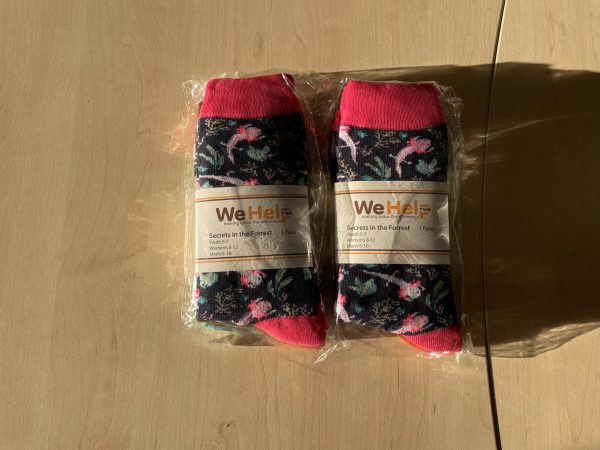Has our privacy been compromised by our phone?
February 13, 2020
“Hey Alexa, what’s the weather today?” In the modern world, Amazon’s Alexa, Google Home, and Homepod, among many other smart speakers, are very common. But while these AI helpers certainly are, well, helpful, is it possible that they listen to more than just your requests? Of course, the smart speakers have to listen to what you are saying, to pick up the words like “Hey Alexa” or “Hey Google”. So then, can the people working at these companies hear everything you say?
Smart speakers like Alexa and Google Home are always listening for the words that activate them, like “Hey Alexa” or “O.K., Google”. This means that they are always listening. According to USA Today, people who use Google’s smart speakers have to enable a function that allows their voice recordings to be stored on their Google accounts. However, users can still use their Google Home products without enabling the function, though you must allow it to run in order to use all of the speakers’ features.
According to BBC News, Amazon “only annotated ‘an extremely small sample of Alexa voice recordings’.” Amazon said that the information they received was used to “train our speech recognition and natural language understanding systems” so that its products can “better understand your requests, and ensure the service works well for everyone.” Despite this, some of the reviewers are reported to have shared “amusing voice clips” with each other. Apple says that according to its security policy, voice recordings lack personally identifiable information. However, it does not deny that it is recording your conversations.
Smart assistants, which are the brains behind voice technology on smart speakers and smartphones like Google’s Assistant, Apple’s Siri, Amazon’s Alexa not to mention countless other smart AIs, are always listening for their wake word, the phrase that tells them to start recording and to transmit that information to its servers so that it can figure out how best to respond. This means that the AI you use is always listening to the conversations around it, trying to make out its “wake word,” and possibly even keeping track of what you say for other reasons like advertising.
Take Siri, for example. Sara Badalamente, the advisor of the Cougar Star newspaper, has reason to believe that her phone, an iPhone SE, is listening in.
“I was with a friend yesterday who was telling me about her new diet plan,” Badalamente said. “I had never heard of this diet before. My cell phone was in the room while we were talking, and the next time I picked up my phone to go on social media, the first ad that popped up was for this diet. Never have I ever gotten an ad for diets. My phone is definitely listening to me, with or without my consent.”
While your smart assistants listening in is not cause for major panic, users should definitely be aware that there are people that can hear everything you say. While that Hey Siri function on your phone can sure be helpful, is it worth giving up your privacy?















Nathan Penoyar • Feb 24, 2020 at 11:38 am
It is worrying how much we are being tracked. Everywhere we go, everything we do, is followed by our phone. Some people are putting way too much trust in technology: I will never get a Smart home due to the potential hacking that could occur.
What if governments used this technology to stalk us. All our privacy would be lost. We need to understand the importance of knowing who has our information and what they are doing with it.